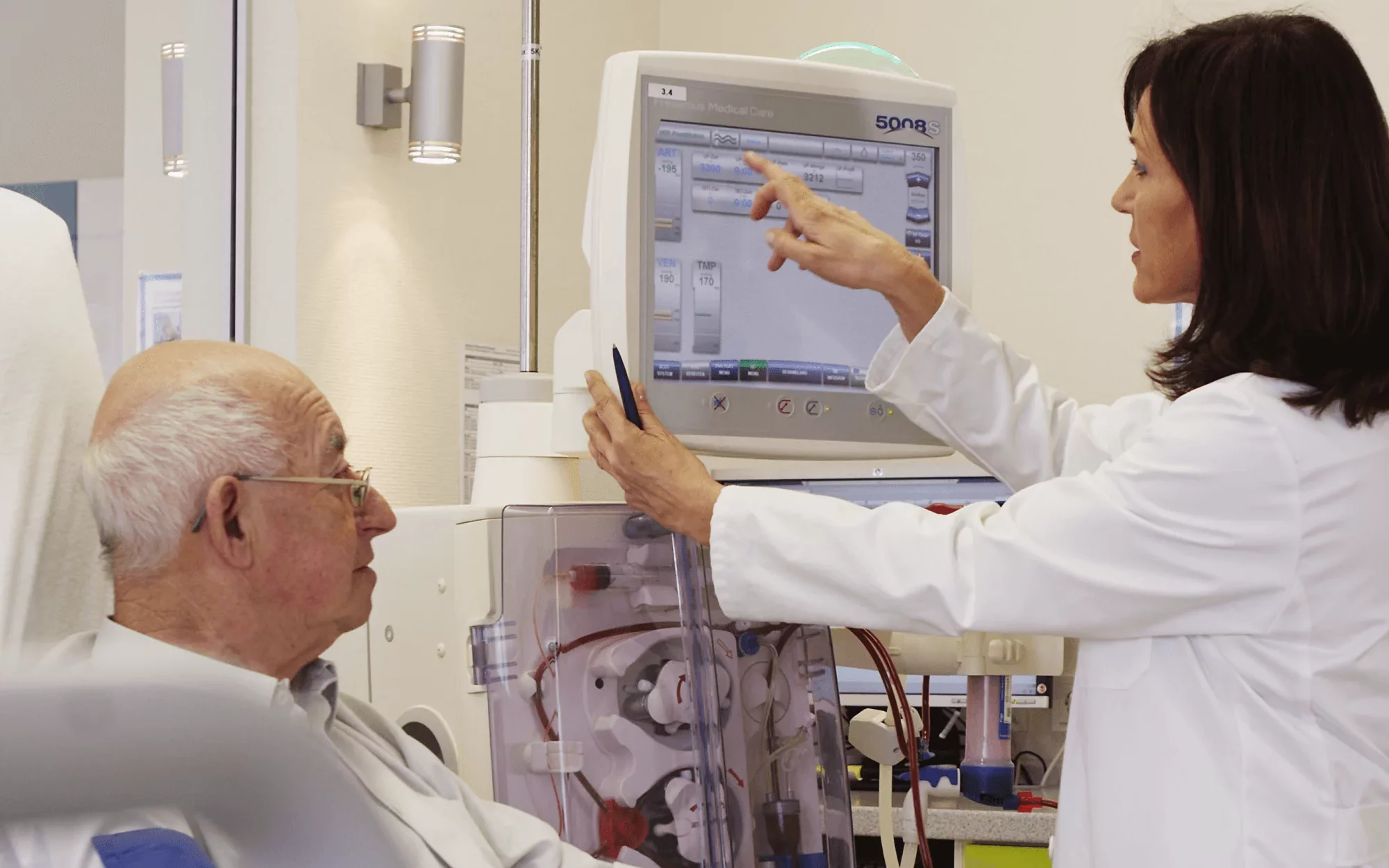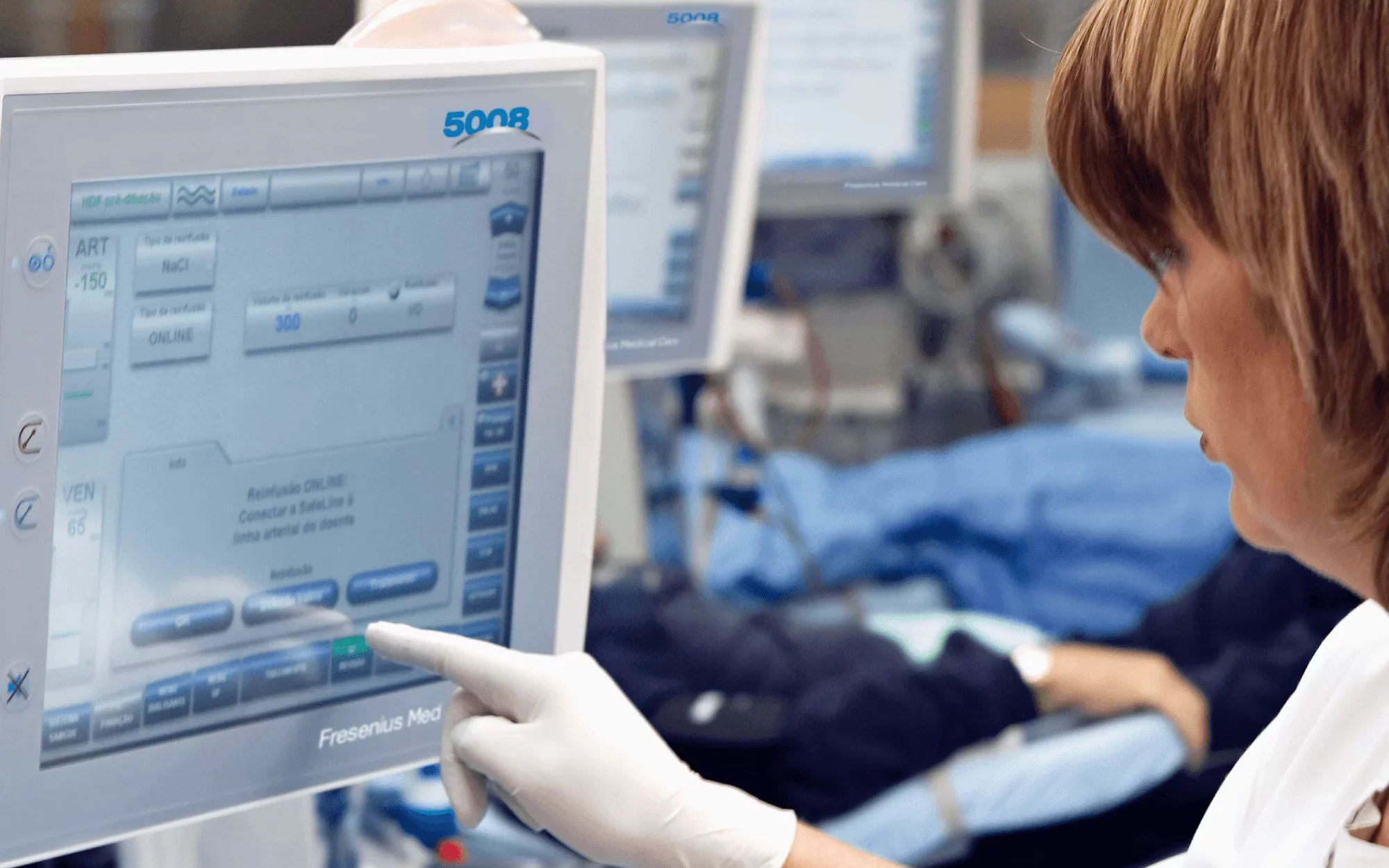Fresenius Medical Care is the world’s leading provider of products and services for people with chronic kidney failure. The company wanted to gain a deeper understanding of a major client group—nephrologists—and to apply the insight in developing solutions to address their needs.
In partnership with the Centers for Medicare and Medicaid Services in the United States, Fresenius Medical Care has furthered its innovation goals through tight coordination between dialysis clinics, nephrology practices and care-coordination staff. This operating model has improved patient outcomes and clinical quality, while reducing total cost of care for patients.

Opportunity
Nephrologists work in many locations and on multiple technology platforms. Fresenius Medical Care needed to observe these professionals up close, and wanted to work with an external company to get an unbiased study from an independent perspective. Enter Emids. Collaborative, efficient and with a team of highly experienced observational researchers, Emids possessed an impressive portfolio of healthcare clients and industry knowledge.
Approach
Emids began by holding a workshop with Fresenius Medical Care to understand project goals. Deliverables included journey maps that would chart a nephrologist’s workday in detail. Emids and Fresenius Medical Care then designed the research plan and protocols. Fresenius Medical Care wanted to rotate different staff in and out of the research team, so Emids prepared field kits to help inexperienced researchers get up to speed quickly.
The research team sat down with nephrologists prior to each session to discuss the upcoming day. During the session, researchers quietly observed and took notes, asking questions when appropriate and non-intrusive.
Privacy was paramount. Only patients who gave explicit permission would be observed. The team also blurred out identifiable features and information in all imagery, even if the patient had agreed to have their image recorded.
Following each interview, the researchers summarized the day’s minute-by-minute observations into meaningful, usable data. After the research was completed, Emids and Fresenius Medical Care team members reunited for a two-day workshop to analyze the results.
Results
Emids completed the project on budget and within a tight timeframe. Although the actual content of the research and findings is confidential, Fresenius Medical Care considered it invaluable, with significant strategic implications. Fresenius Medical Care also found the work offered an important opportunity to engage its clients and give them an end-to-end view of product development.


